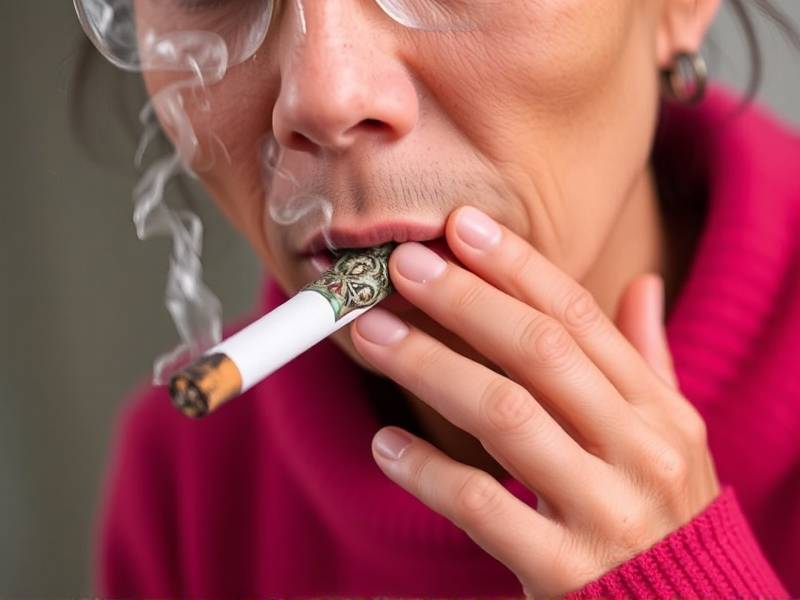What Happens When I Start Smoking Again After Quitting?
The Consequences of Relapsing: What Happens When I Start Smoking Again After Quitting?
Introduction: Quitting smoking is a significant step towards improving one's health and well-being. However, the journey to becoming smoke-free is not always smooth. Many individuals may find themselves struggling with the temptation to resume smoking after a period of abstinence. This article explores the potential consequences of relapsing and provides insights into what happens when you start smoking again after quitting.
- Immediate Health Risks:
Relapsing to smoking after quitting can have immediate health consequences. The body's recovery process from the effects of tobacco can be reversed, leading to a rapid resurgence of health issues.

a. Increased Risk of Heart Disease: Research indicates that within just 24 hours of quitting, your risk of heart attack starts to decrease. Relapsing means losing this progress, potentially increasing the risk of heart disease and cardiovascular complications.
b. Higher Chances of Cancer: Smoking is a leading cause of various types of cancer, including lung, throat, and mouth cancer. Relapse means returning to the increased risk associated with these deadly diseases.

- Long-Term Health Implications:
The long-term effects of relapse are more profound than immediate consequences. Here are some potential long-term implications:
a. Accelerated Aging: Smoking accelerates aging processes in the body, leading to premature aging symptoms such as wrinkles and gray hair.
b. Increased Risk of Chronic Diseases: Relapsing increases the likelihood of developing chronic diseases such as emphysema, chronic bronchitis, and cardiovascular diseases.
c. Decreased Fertility: Tobacco use can impact fertility in both men and women, leading to difficulties in conceiving or complications during pregnancy.
- Mental Health Impact:
Relapsing can also have psychological implications:
a. Increased Stress Levels: Smoking is often used as a coping mechanism for stress and anxiety. Relapse may lead to a resurgence in stress levels due to the loss of this crutch.
b. Decreased Motivation for Quitting: Relapsing can demotivate individuals who have already made significant progress towards quitting smoking, making it harder for them to remain smoke-free in the future.
- Social Consequences:
Relapsing may also have social repercussions:
a. Impact on Relationships: Friends and family members may be disappointed or concerned about your relapse, potentially affecting your relationships.
b. Financial Burden: Continuing to smoke after quitting can lead to increased financial strain due to the cost associated with tobacco products.
Conclusion:
Relapsing after quitting smoking can have serious health implications both immediately and in the long term. Understanding these consequences can help individuals recognize the importance of staying smoke-free and seek support when facing cravings or triggers that may lead them back to smoking.
Remember that it's never too late to quit again or seek help if you've relapsed. Resources such as counseling services, support groups, and prescription medications are available to assist you on your journey towards becoming smoke-free once more.
